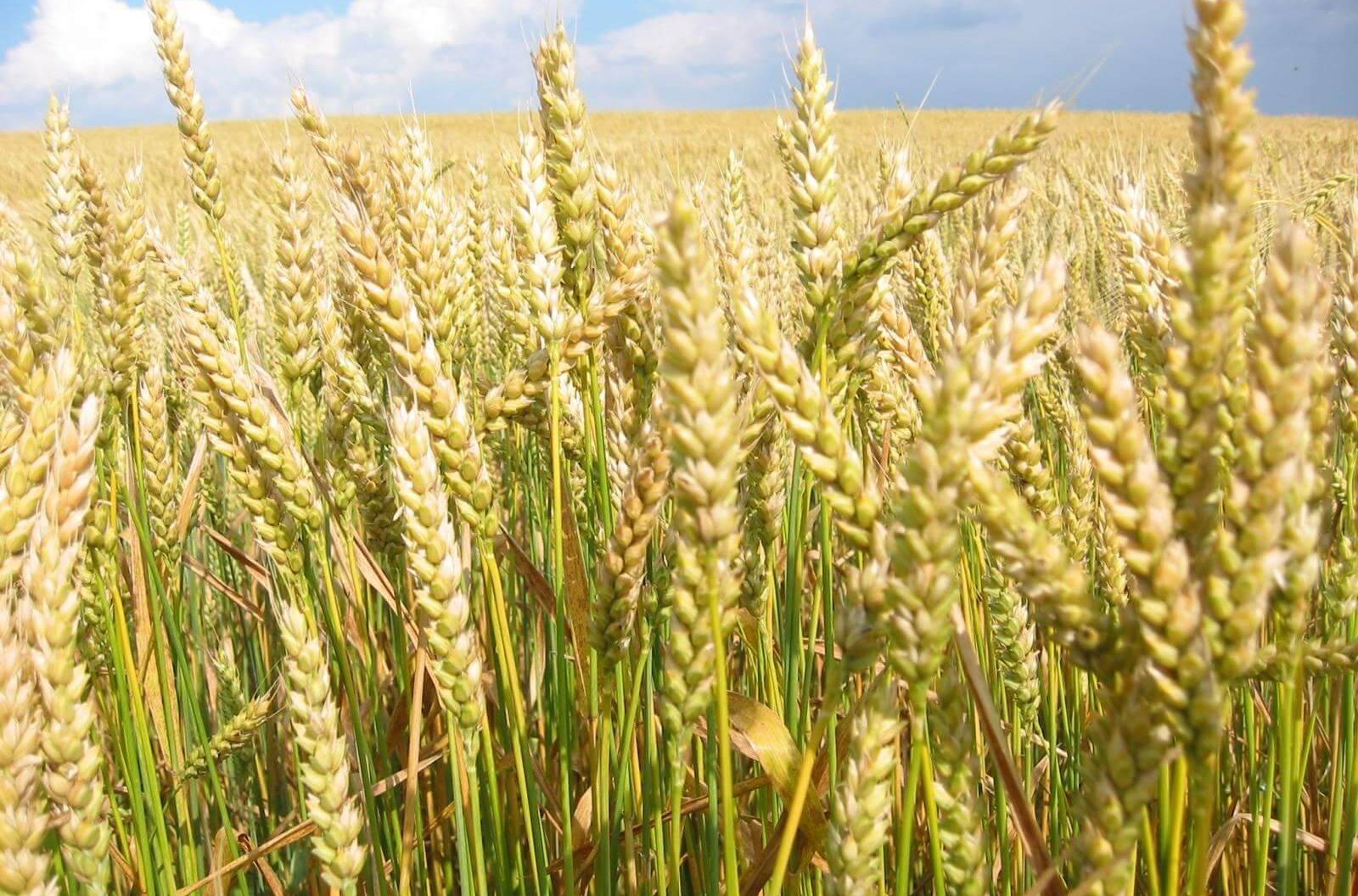Afghanistan: Farmers’ surplus wheat is purchased and re-supplied to the market in times of emergency

Misbahuddin Mostain, the head of information and public awareness of the Ministry of Agriculture, Irrigation and Livestock, said today (Monday, Aug 5) in an interview with AVA reporter that these purchased wheats will be stored in silos.
He added that the Ministry of Agriculture supplies farmers’ purchased wheat to the country’s markets in times of emergency or rising wheat prices to control the market.
Misbahuddin Mustain says that there is excess wheat in the provinces of Kunduz, Takhar, Badakhshan, Helmand, Samangan, Kandahar, Herat, Farah, Balkh, Sarpol, Faryab, Nimroz and Badghis.
According to his words, according to the estimate of the Ministry of Agriculture, the additional wheat of the mentioned provinces is 38 thousand and 800 metric tons of wheat.
The head of information and public awareness of the Ministry of Agriculture said that the same amount of surplus wheat of the farmers will be purchased by the Islamic Emirate and stored in the silos of the same province or zone.
According to him, a committee headed by Mullah Agha Jan Akhund, Deputy Minister of Finance and Administration of the Ministry of Agriculture, with the participation of representatives from the Department of Economic Affairs, the Ministry of Finance, the Department of Grain Storage, the Department of Promotion, the Department of Finance, the Department of the Private Sector, the Department of Agriculture of the respective provinces and a deadline has been set to implement this plan.
It should be mentioned that most of the country’s peasants cultivate wheat on their agricultural lands and due to the lack of a suitable market, wheat cultivation is not very profitable for them financially.
Read also
Black Sea & Danube region: How agri business can generate money in 2026
Canada’s total wheat production nears 40 mln tons
Ukrainian disk harrow Velly will operate in South America
Malaysian palm oil exports are declining, while Indonesian palm oil exports are gr...
Vietnam eases access to GM feed materials to curb rising feed costs
Write to us
Our manager will contact you soon



